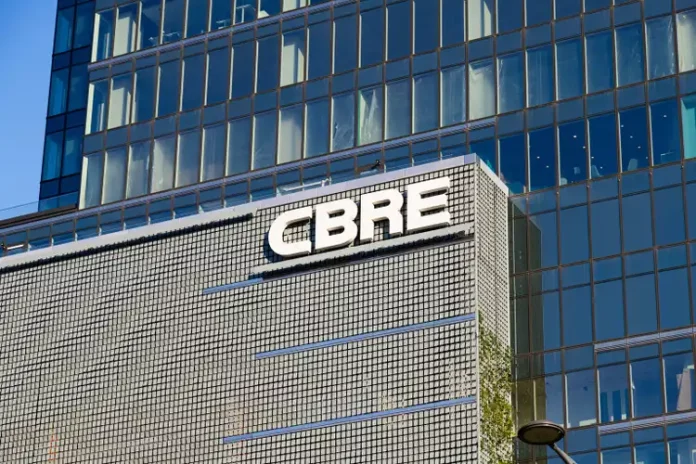The role of Chief Sustainability Officer (CSO*) is rapidly gaining prominence among the Asia Pacific region as investors display increased appetite for sustainable portfolios, according to CBRE’s Asia Pacific Real Estate Chief Sustainability Officer Survey.
A Chief Sustainability Officer, or Head of ESG, is an executive tasked with overseeing ESG / sustainability initiatives. These positions are playing a crucial part in guiding companies towards achieving carbon neutrality and implementing sustainable practices.
In collaboration with the U.S. Green Building Council (USGBC), CBRE conducted a survey among real estate companies and investment funds in Asia Pacific to understand how they perceive the role of CSO, their Environmental, Social & Governance (ESG) strategies and challenges, and prospect for achieving net zero.
About half of surveyed asset owners named 2050 as their target to achieve net zero, largely aligning with the targets set by their government.
However, many multinational occupiers are aiming to reach net zero by 2030. The discrepancy is primarily because building materials and construction activity are carbon-intensive for asset owners, particularly developers, while service sector tenants are asset-light and mainly focusing on operational emissions.
CBRE Head of Occupier Research, Asia Pacific Ada Choi said: “Asset owners have to be aware of the much more aggressive net zero target among occupiers. Both parties must collaborate and drive a common sustainability agenda. We expect projects that could result in cost and energy savings will be prioritised, while investors are advised to increase the use of green finance.”
The survey reveals that about half of the CSO roles in Asia Pacific were created within the past three years, with 60% of them as full-time positions.
With new regulations requiring sustainability disclosures, the key responsibility of CSOs is to conduct ESG monitoring and reporting, and to implement related projects. CSOs are also responsible for fostering cultural change within the company to achieve sustainability goals.
“The path to decarbonisation involves significant regulatory change and policy support,” said David Fogarty, Head of ESG Consulting Services, Singapore & Southeast Asia, for CBRE.
“In view of a complex sustainability landscape, it is crucial for occupiers and investors to develop a strategic blueprint to navigate evolving regulations and achieve progress on decarbonization and net zero goals.”
Over 60% of respondents project that more than 80% of their real estate portfolios will be green certified in three years’ time. As of November 2023, green building adoption in Asia Pacific stood at 44%, with Australia being the only market to achieve the adoption rate of 80%, followed by Japan and Singapore.
“Observing the remarkable surge in LEED participation across the Asia Pacific region, it is evident that the incorporation of green building practices and ESG strategies has evolved into essential choices for leading companies across diverse industries.
“This trend not only sets a new benchmark for real estate developers to elevate their asset standards but also enhances their competitive edge,” stated Jing Wang, Vice President of USGBC North Asia.
Other key findings of the survey include:
• Almost half of the respondents indicated that they have no plans to add new sustainability-related headcount in the coming two years. Given resource constraints, companies may outsource sustainability projects to third-party consulting firms.
• Companies showed different approaches towards ESG budgeting, with about one-third expected to increase their respective budget by more than 10%, while another one-third will only budget on a project-by-project basis.
• 75% of respondents adopted green financing in capital-heavy construction and acquisition of green buildings, while 58% of them invested in Sustainability-linked Bonds (SLBs), which are designed to tie the bond’s financial terms to the issuer’s sustainability performance.
• 67% of the respondents regard balancing business aspirations with ESG priorities as their top concern regarding sustainability in the coming five years, followed by regulatory changes and rising energy prices.
• While Diversity, Equity and Inclusion (DEI) criteria lack mainstream adoption in Asia Pacific, Australian companies were most actively engaged in promoting DEI through corporate strategies and policies. The DEI focus for the real estate sector is mainly on placemaking initiatives, such as providing facilities for people with special needs and including public spaces and facilities.









